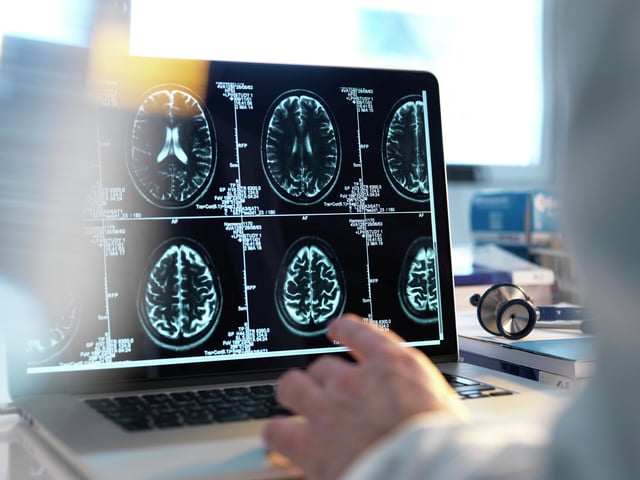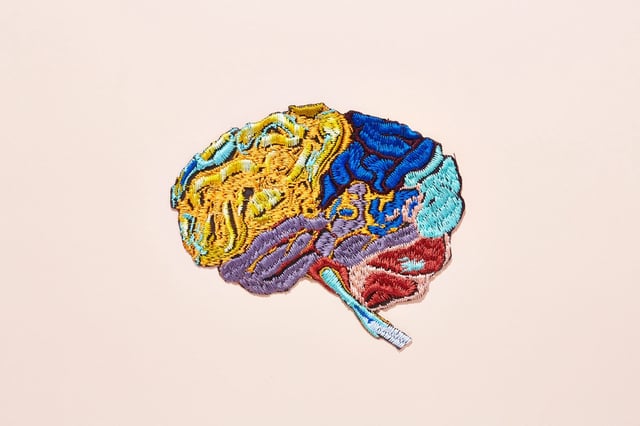Overview
- Analysis of blood samples from 45,000 UK Biobank participants measured over 3,000 organ-specific proteins to estimate biological age for 11 organ systems.
- Participants with extremely aged brains faced a twelvefold higher risk of Alzheimer’s diagnosis over a decade and a 182% increase in all-cause mortality over 15 years.
- Those with extremely youthful brain profiles experienced a 40% reduction in mortality compared with peers of the same chronological age.
- Stanford teams are advancing the test toward market availability in two to three years, initially targeting key organs such as the brain, heart and immune system.
- Exercise and non-smoking were linked to younger organ ages, and researchers are now planning trials to assess if lifestyle interventions can slow or reverse organ-specific aging.



